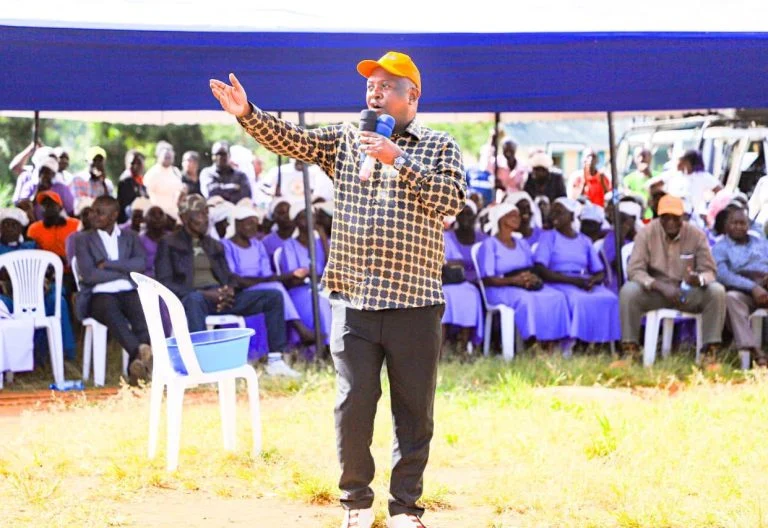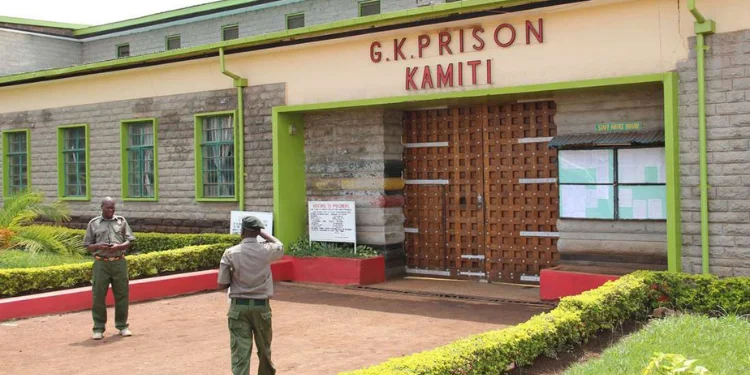In a striking turn in Kenya’s affordable housing debate, Senator Samson Cherargei of Nandi has challenged the government to broaden its Affordable Housing Programme by including university student hostels. His call, articulated during a fiery Senate session today, has ignited a national dialogue on student welfare and public housing priorities.
Cherargei responded to Nairobi Senator Edwin Sifuna’s motion highlighting skyrocketing hostel rental fees, currently averaging Ksh 40,000, despite appalling living conditions that include infestations and sanitation failures. “Some slums are in a better state than what students endure,” Cherargei stated emphatically from the Senate floor.
He argued that integrating student accommodation into the existing framework, which plans to deliver 500,000 homes annually, would not only ease financial strain for students but also celebrate their contribution to national development. Cherargei emphasized that student welfare is a “national priority” and deserves equal footing in housing policy.

Opponents cautioned that expanding the housing agenda could dilute existing resources. However, proponents pointed to successful global models and UNESCO data revealing that over 85% of developed nations prioritize campus housing to enhance academic success and retention.
The government’s affordable housing initiative, funded by the mandatory 1.5% housing levy, has already delivered 140,000 homes, with another 148,000 under construction and plans for 700,000 more underway. But it’s the student housing gap that Cherargei believes remains a glaring oversight.
As the Education Standing Committee prepares to review the proposal, all eyes are on policymakers and university administrators. With students, parents, and academic leaders awaiting the outcome, the demand to marry education with housing policy could redefine Kenya’s development agenda ahead of the next financial cycle.
Kenya’s 2027 agenda: balancing bricks and books.













Leave a Reply